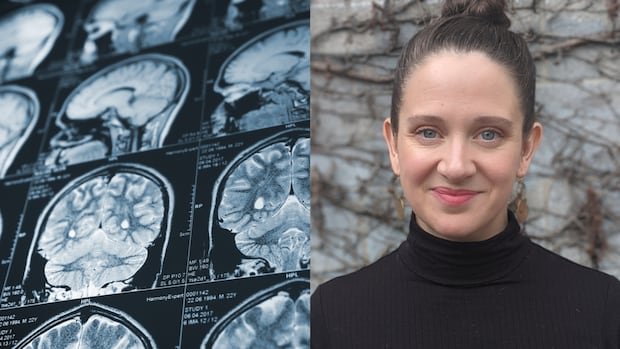Allie Jaynes, a CBC producer, discovered she had attention deficit hyperactivity disorder (ADHD) last summer at the age of 36, shedding light on a lifetime of unexplained chaos, absent-mindedness, and disorganization. This revelation brought clarity and led her to seek help, realizing that her challenges were not personal flaws but a result of her brain’s unique wiring.
Contrary to the typical image of ADHD as hyperactive young boys struggling in school, Allie’s experience as an honor student proficient in multiple languages and successful in the digital media industry highlights the diverse manifestations of the disorder. Despite her achievements, her struggles with absent-mindedness and disorganization led to job losses, financial issues, and anxiety.
Allie’s story reflects a common experience among women and individuals assigned female at birth with ADHD, characterized by internal struggles with organization and meeting expectations, often overlooked due to the absence of disruptive behavior. Research indicates that girls and women are more likely to exhibit the inattentive presentation of ADHD, emphasizing the need for greater awareness and understanding.
As more women receive ADHD diagnoses later in life, statistics show a significant rise in prescriptions for ADHD medication among females. However, disparities in diagnosis persist, with racialized individuals, particularly Latino and Black children, being less likely to receive ADHD diagnoses despite presenting symptoms at similar rates as their white counterparts.
Scientific evidence firmly establishes ADHD as a genuine neurodevelopmental condition with a strong genetic component, debunking misconceptions that it is a cultural construct or mere excuse. Studies on twins and genetic variants have highlighted the heritability of ADHD, emphasizing the biological basis of the disorder and the need to destigmatize it.
While ADHD poses challenges, it also brings unique strengths, such as enhanced creativity and passionate interests. Embracing neurodiversity, the movement advocates for accepting ADHD and other conditions as natural variations with distinct advantages and difficulties, calling for a more inclusive society that accommodates diverse ways of thinking and behaving.

